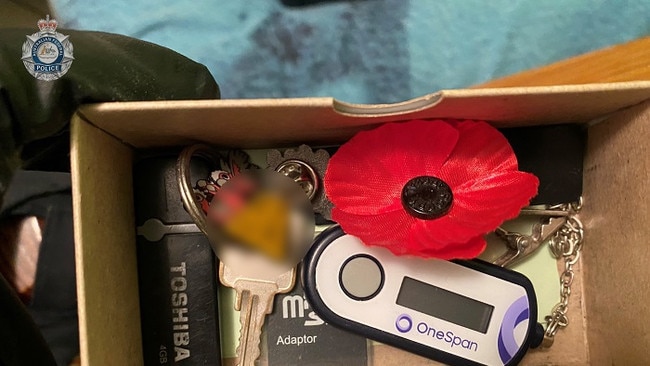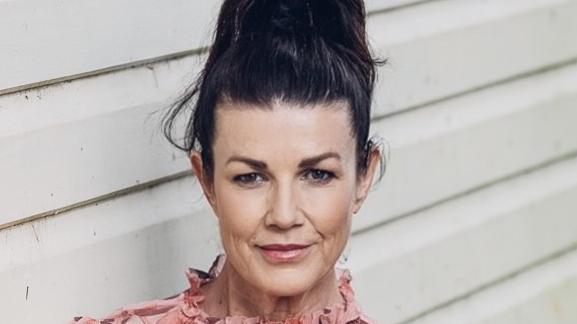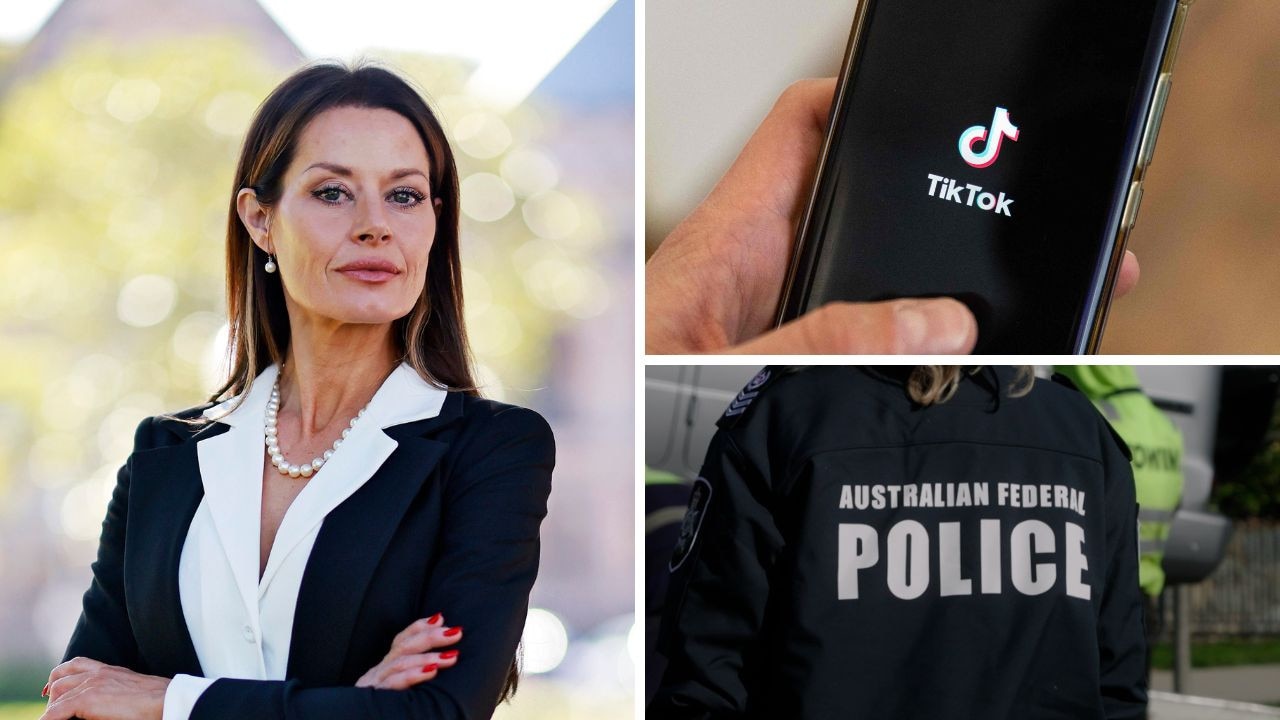Predatory Podcast: How dark web helps paedophile rings hide their acts
A covert AFP investigator has revealed how child abuse rings are evading detection before they get caught in the act. Listen to the podcast. WARNING: Graphic
Predatory
Don't miss out on the headlines from Predatory. Followed categories will be added to My News.
Paedophiles are using “sophisticated” security, including their own teams of IT experts, to keep their evil content hidden.
News Corp can reveal child abuse rings are structuring themselves as slick business operations to evade detection from the prying eyes of police.
And, alarmingly, cyber security experts say it takes less than a minute to get an online snapshot of a family’s private life — and find a young target.
“What we’ve discovered with our long-term operation is quite surprising,” said a covert investigator with the Australian Centre to Counter Child Exploitation.
“It’s the level of sophistication of their networks … they’ll have an administrative structure with technical teams that increase their operational security to pretty much get a management structure on what we’ve called online child abuse syndicates.”
The operative, who cannot be named, made the jaw-dropping disclosure ahead of the release of the third episode of News Corp’s podcast Predatory, hosted by ex NSW Detective Gary Jubelin and actress Madeleine West.
LISTEN TO THE PREDATORY PODCAST BELOW:
And the investigator said the new multi-layer structure wasn’t just about the paedophiles avoiding detection personally, but keeping others in their “community” safe from the authorities too.
“Some of these syndicates run multiple sites, whether they’re chat sites or forums, and they’ll actively promote online security [that’s] just as important as the material itself by educating new members that come into the community how to be safe online and how to not get caught,” the investigator said.
He said the content investigators saw each day was “horrendous”.


“It’s pretty bad – [think of] the worst thing a human could possibly do and multiply by three or five,” he said.
Much of it is on the “dark web” — the online world hidden under layers of the open internet — and the “deep web”, which standard search engines cannot access.
A service called Tor is the most prominent way to access the dark web, but the investigator could not discuss how his covert team uses it for fear of “compromising” their work.
That work is 24/7 though and operates alongside colleagues who specialise in victim identification.
“We tend to focus on the offenders while the victim identification unit tries to find the victims,” he said.
Cyber security expert Kirra Pendergast said the social media mayhem was happening right under the noses of parents, whose “jaws drop to the floor” when they are told how vulnerable their kids are.
“Australians were rightfully freaked out over the Optus data breach … these parents were freaking out about losing 100 points of ID. Yet, they’re letting their children use social media before they’re 13 — and by the time they’re 13, there will be 72 million data points collected on them,” Ms Pendergast, the Founder and CEO of the Safe on Social, said.

“We teach kids not to share any personal information like the four big ones; their name, their school, their location and their age. So what does mum and dad do on a public Instagram account? Hashtag first day of school ‘look how cute they are in their school uniform’ or ‘Happy Birthday sweetheart’ with a picture of a birthday cake and their age on it,” Ms Pendergast said.
“So right there they’ve given away all of the personal information that we’ve been telling their kids not to share. Since they were in kindy [and] Mum and Dad have just done it.”

Indeed, three year-old “child influencer” Wren Eleanor’s pictures were saved and used elsewhere online, in a case which saw horrified parents worldwide remove content of their children from social media.
Ms Pendergast said in less than 60 seconds, she can delve into a family’s private life online — and show them the potential danger a child is in.
“I find a very large school in eastern Sydney, which is a girls school, and scroll through until I find a photo of a girl in uniform looking straight at camera and I dive deep into mum’s account and within 60 seconds I know the name of the puppy that she got during Covid. I know one afternoon she walks to her mother’s office, which is not far from the school after she finishes Hip Hop classes,” Ms Pendergast explained.
That made the life of a predator easier because the usual “stranger danger” barriers were lowered — and, alarmingly, a child could be intercepted after school and convinced they’d forgotten the person as they knew so many personal family details.
For more details about the Predatory podcast, go to predatory.com.au
If you have a story to tell, email us at crimeinvestigations@news.com.au
More Coverage
Originally published as Predatory Podcast: How dark web helps paedophile rings hide their acts





